How to get your scuba diving certification
You’ve seen all those glorious underwater photos that your friends have taken; weird wonderful shots of nudibranches, swimming with sharks and turtles, colourful coral and bright blue coastlines… And you’ve picked your spot and decided to take the plunge, how do you go about it? Here are a couple of tips on how to get your scuba diving certification.
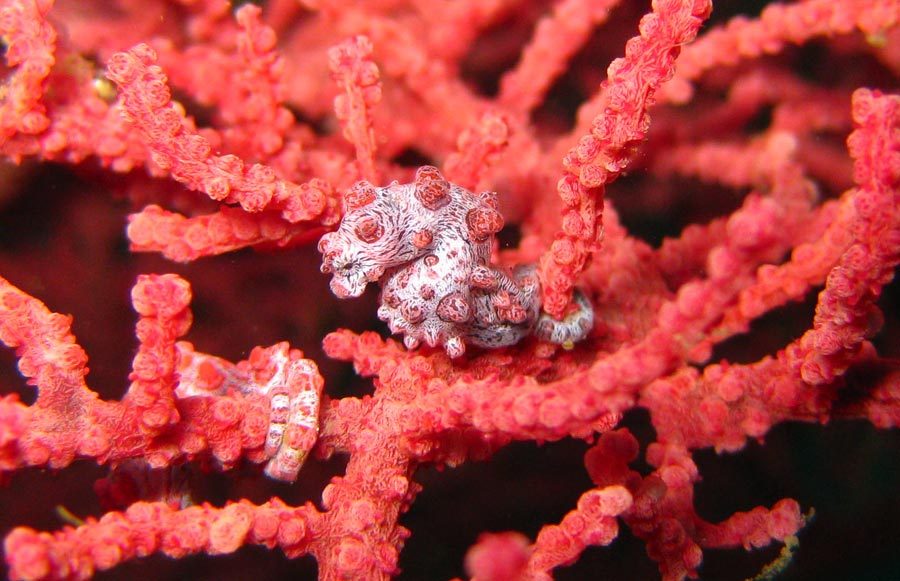
What do I need to learn scuba diving?
My friends always ask if you need to be a good swimmer to be able to dive, and my answer to that is NO. When you dive you’re actually not supposed to kick and paddle like you do when you swim as it tires you out and doesn’t really get you moving any faster! But you should still be able to tread water and swim enough to save your life – it’s part of the certification requirements that you can swim a short distance, and definitely useful when you’re at the sea surface after a dive.
More importantly than swimming well, you need to have confidence in the water, and that of being in the open sea; I know people who can swim like dolphins in a swimming pool but freeze when they’re out in the open sea. Confidence will also help you go far in handling any underwater situations without panicking, which might cause you to hyperventilate or endanger yourself and others. Safety is a large part of the training, and you’ll learn how to handle things from a leaky mask to running out of air, but all that is for naught if you blank out by panicking, so being able to stay calm is definitely key.
Other skills that will serve you well: keen eyes to spot shy critters, a healthy sense of self preservation and diligence in taking care of yourself and fellow divers.

So how do I get certified for scuba diving?
First and foremost, you need to at least have an Open Water Diver certification before you can embark on your journey underwater. Many dive centres also offer ‘starter courses’ or trials, where you don’t need a license and a certified instructor will take you down in one session so you get a taste of whether diving is for you.
Of course, nothing beats doing it for real! There are different types of certification around the world, but two of the most recognized organizations out there are PADI and SSI. They differ somewhat in how they teach and certain recommendations (e.g. SSI recommends a min number of hours of diving before moving on to Advanced level while PADI doesn’t), but the basic techniques taught are largely the same.
You can choose to do your certification before going on a trip, or make your trip a part of the certification process as you’ll need to do some drills out in the open sea. I prefer to do my theory bits before the trip so I don’t spend all my time on the certification trip studying!
Basic certification involves some theory lessons and tests, and a little calculation and consultation of dive tables to work out how long you can spend underwater, but don’t be put off by that! It’s mostly common sense and not too complicated, and ultimately meant for your own safety, so even if studying is not your thing, you should be able to get through this.
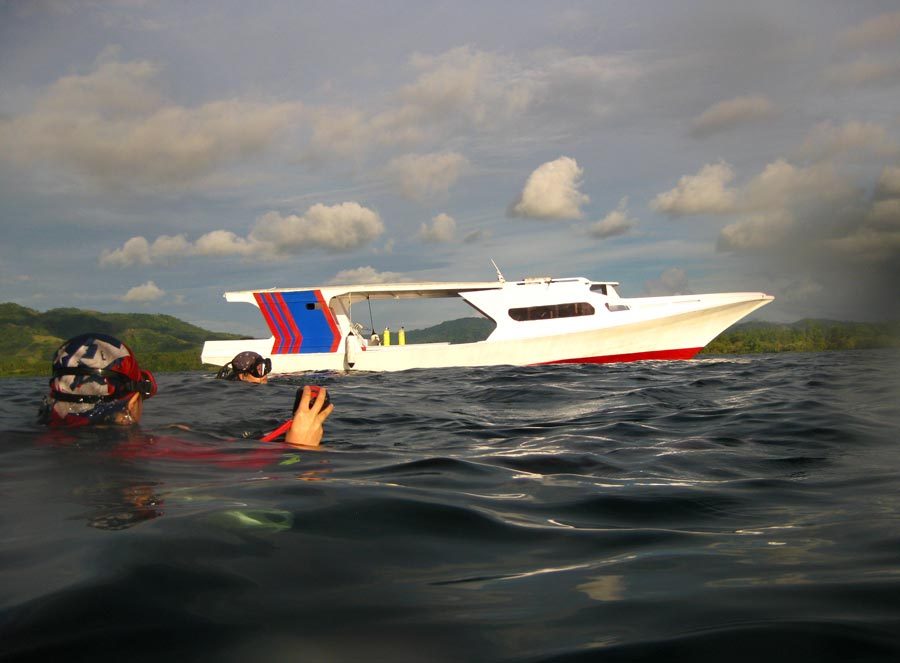
Where do I go to get my scuba diving certification?
You’ll get your license by signing up with an officially recognized Dive School or certified instructor. Take your time to pick a dive centre, ask them questions and have a look at their operations to make sure you’re fully comfortable with the way they work. One of the dive centres I’ve dived with had really old equipment, so we had problems with leaky tanks throughout the trip, which is not something you want to worry about, especially when you’re just starting out!
Where you get licensed is also something to consider – some places are more popular than others because the water conditions are better suited to newbies. I picked Tioman as it was known to have a pretty easy and calm waters with good weather, yet still a good chance of seeing cool stuff. Other popular destinations include Pulau Aur and Dayang.
Personally, I wouldn’t recommend getting licensed in an awesome place like Sipadan or Maldives because I would be so DISTRACTED by all the wonderful fishes around me while trying to do underwater drills, and some of the interesting stuff are found in more difficult conditions, so leave the nice sites to when you’re doing a leisure dive and you have more experience under your belt!
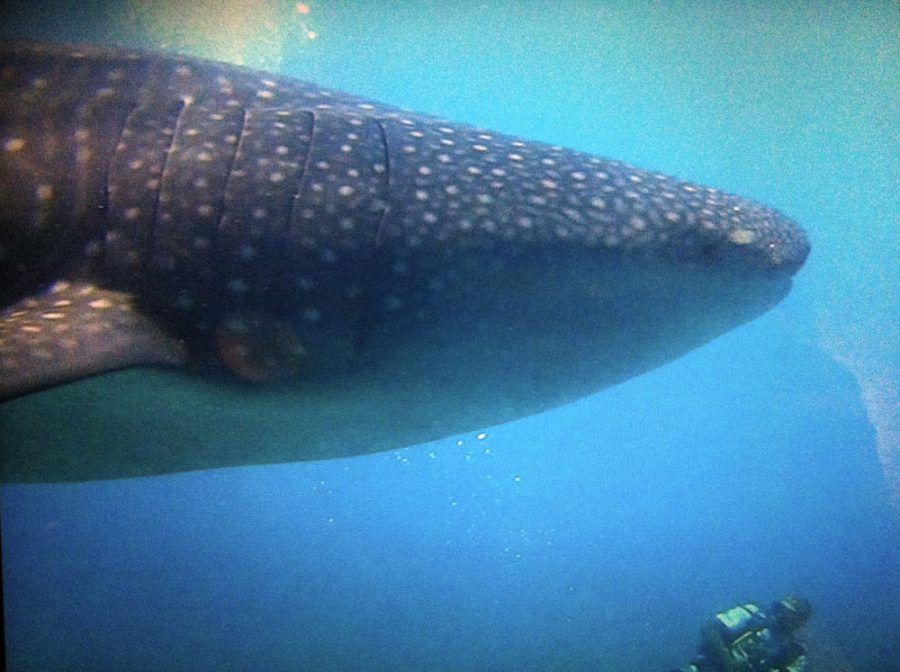
What happens next?
And when you’ve finally gotten that Open Water Diving Certification, you can go on lots more leisure dives, or go on to level up your dive ability! The next level is the Advanced Open Water Diver which allows you to go deeper and teaches you more skills like underwater navigation. You could also do specialty courses like Night Diving, Cave Diving, Wreck Diving… or go on to be a Search and Rescue Diver, become a Dive Master or even go on eventually to teach others to dive as an Instructor.
For Singaporeans or people in Singapore looking to get their dive license and are looking around, the two dive groups I have dived with and can personally recommend. Of course there are lots of other great groups out there I don’t know about, as well as not so great ones, so do take your time to check out the shops and make sure you feel comfortable with them. If you have scuba diver friends, talk to them and ask around – it’s a pretty small community so they can probably tell you what they’ve heard from the scene, or stalk online forums like normal people do :)
Scubaddiction – Friendly folk, the boss James runs a small shop and team and it’s a nice little community. I’ve been with them to Malapascua and am diving again with them for this Maldives trip. The small set-up means its flexible for you, and their instructors are professional and very safety conscious.
Big Bubble Centre – I took my Open Water with them a long time back in Tioman and dived with them again in Redang. Their dive trips are usually pretty budget – don’t expect to live in fancy accommodations or digs with them, but boss Stanley has been doing this for a long time and his gear is good and this group is also quite safety conscious.
What was your experience like getting your dive license? Do share your tips and experiences with us!
A version of this article was crossposted from Go! Girl Guides, where I was a contributing blogger.

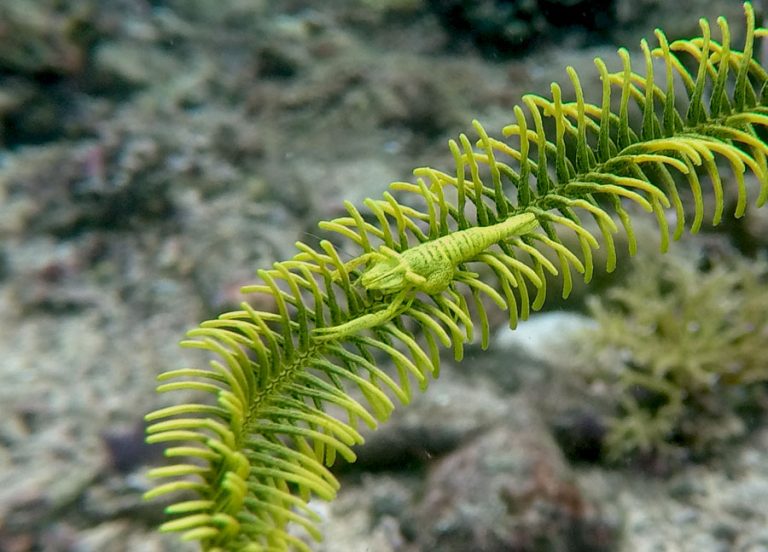
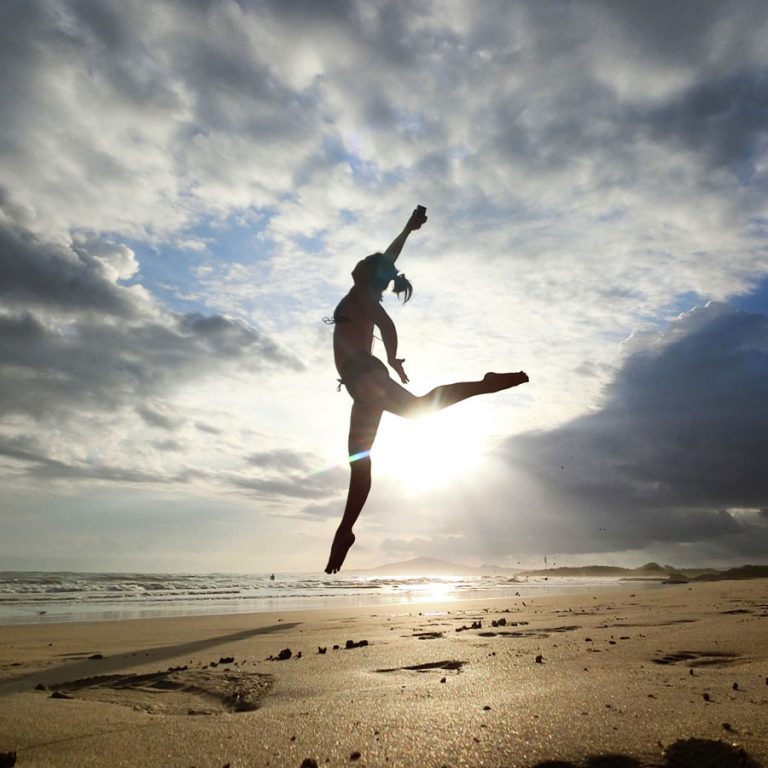
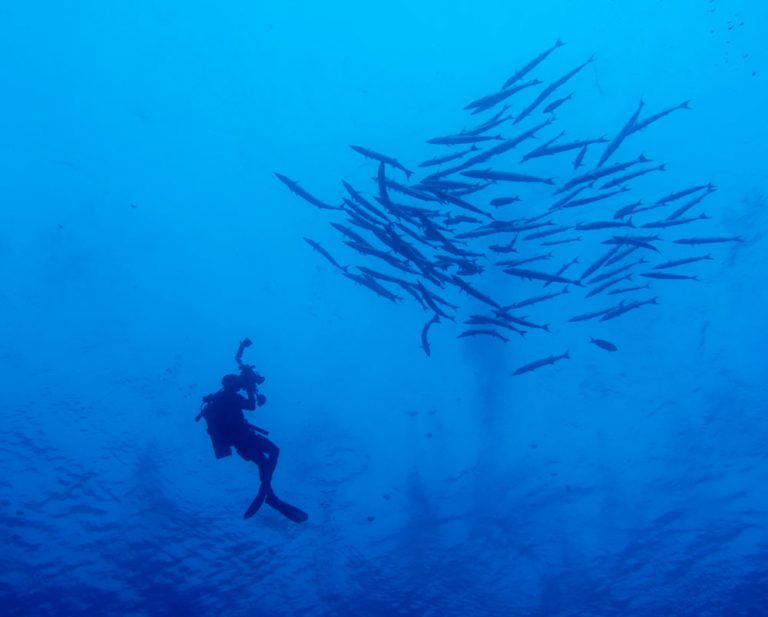
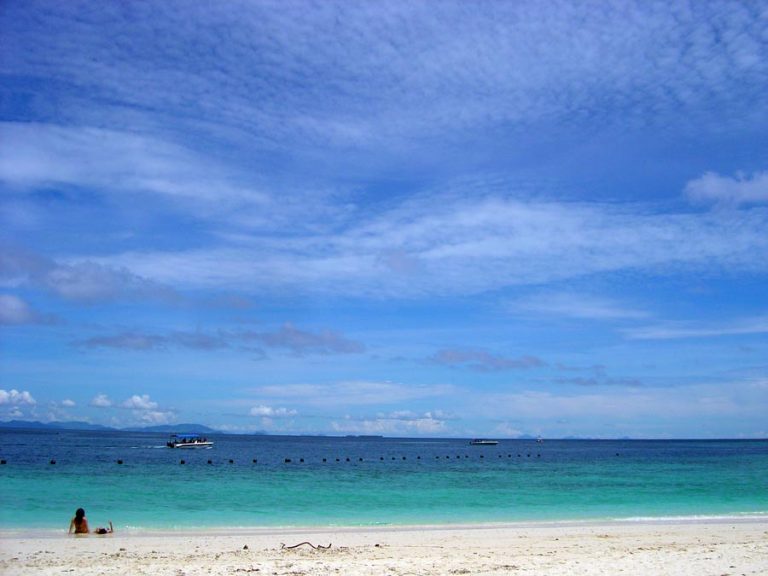

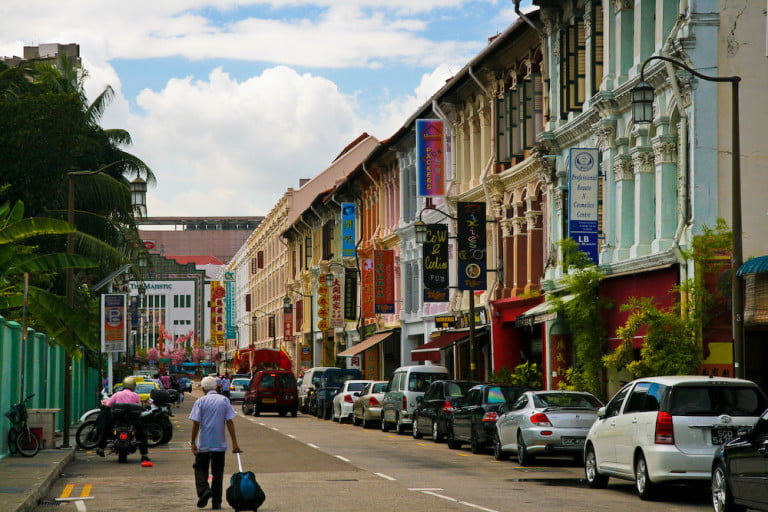
It’s great to know that in order to fully embark on a journey underwater, you must at least have an open water diver certification. It always has been my dream to get over my fear of the open water. And I’m thinking that one of the ways to overcome it is to be able to learn how to properly swim and learn how to dive. Hopefully, I can find a good sports center that offers scuba diving certification.